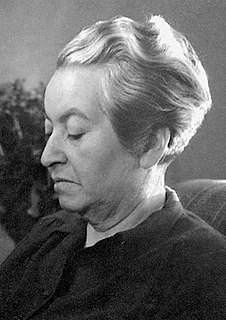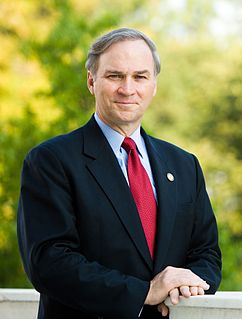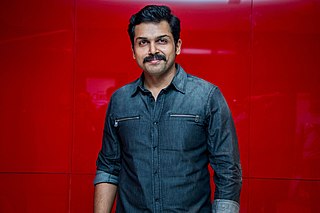A Quote by Edward Gibbon
The virtue of Marcus Aurelius Antoninus was of a severer and more laborious kind. It was the well-earned harvest of many a learned conference, of many a patient lecture, and many a midnight lucubration. At the age of twelve years, he embraced the rigid system of the Stoics, which taught him to submit his body to his mind, his passions to his reason; to consider virtue as the only good, vice as the only evil, all things external as things indifferent.
Related Quotes
It is, indeed, a fact that, in the midst of society and sociability every evil inclination has to place itself under such great restraint, don so many masks, lay itself so often on the procrustean bed of virtue, that one could well speak of a martyrdom of the evil man. In solitude all this falls away. He who is evil is at his most evil in solitude: which is where he is at his best - and thus to the eye of him who sees everywhere only a spectacle also at his most beautiful.
Man is an Animal, formidable both from his Passions and his Reason; his Passions often urging him to great Evils, and his Reason furnishing Means to achieve them. To train this Animal, and make him amenable to Order; to inure him to a Sense of Justice and Virtue, to withhold him from ill Courses by Fear, and encourage him in his Duty by Hopes; in short, to fashion and model him for Society, hath been the Aim of civil and religious Institutions; and, in all Times, the Endeavour of good and wise Men. The aptest Method for attaining this End, hath been always judged a proper Education.
Nature in causing reason and the passions to be born at one and the same time apparently wished by the latter gift to distract man from the evil she had done him by the former, and by only permitting him to live for a few years after the loss of his passions seems to show her pity by early deliverance from a life that reduces him to reason as his sole resource.
There is probably not one person, however great his virtue, who cannot be led by the complexities of life's circumstances to a familiarity with the vices he condemns the most vehemently--without his completely recognizing this vice which, disguised as certain events, touches him and wounds him: strange words, an inexplicable attitude, on a given night, of the person whom he otherwise has so many reasons to love.
We are guilty of many errors and many faults, But our worst crime is abandoning the children, Neglecting the fountain of life. Many of the things we need can wait. The child cannot. Right now is the time his bones are being formed, His blood is being made, And his senses are being developed. To him we cannot answer 'Tomorrow.' His name is 'Today.'
It is due to neither impotence nor ignorance on God’s part that evils occur in the world, but it is owing to the order of his wisdom and to the greatness of his goodness, whence come the many and divers grades of goodness in things, many of which would be lacking were he to allow no evil to exist. Thus there would be no good of patience without the evil of persecution, nor the good of the preservation of its life in a lion, without the evil of the destruction of the animals on which it lives.
The master in the art of living makes little distinction between his work and his play, his labor and his leisure, his mind and his body, his information and his recreation, his love and his religion. He hardly knows which is which. He simply pursues his vision of excellence at whatever he does, leaving others to decide whether he is working or playing. To him he's always doing both.
Man is more than his environment. It is from the innate quality of the Spirit in him, his inner storehouse, that he draws those ideas, his intuitions, which unify his perceptions of the external world instantaneously with a value which is qualitative and not quantitative, and which he embodies in the works of his culture - those achievements which belong not only to one particular time but to all times, and mark the path of his upward progress.
A child in his earliest years, when he is only two or a little more, is capable of tremendous achievements simply through his unconscious power of absorption, though he is himself still immobile. After the age of three he is able to acquire a great number of concepts through his own efforts in exploring his surroundings. In this period he lays hold of things through his own activity and assimilates them into his mind.
As a disciple of my father's, I was certain I wanted to include one of his own raga creations on 'Home', as they are so beautiful; whilst many of his creations are part of the general classical repertoire for all musicians, many more are only played by those of us who learned from him, and therefore need to be played.






































